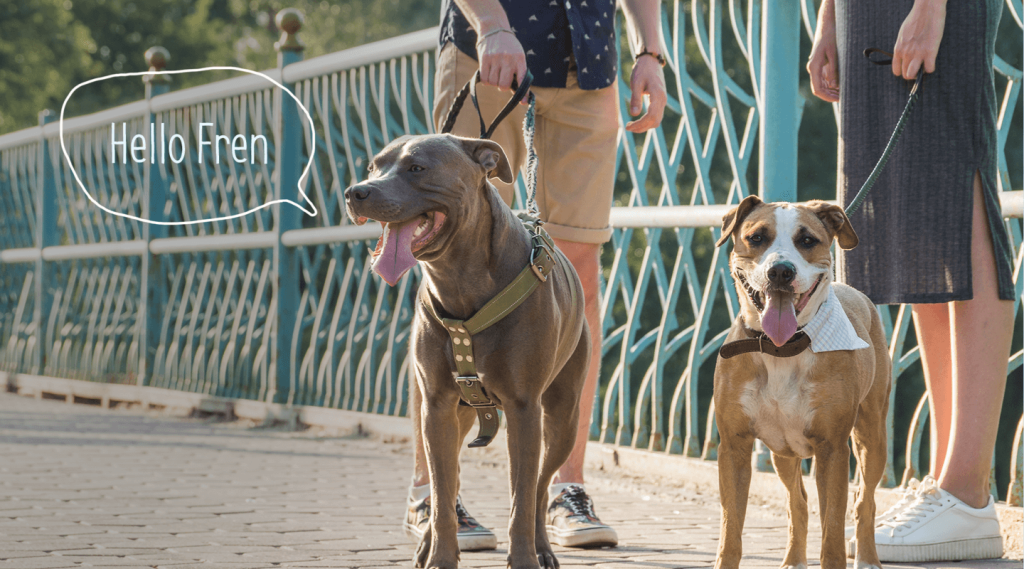Dog socialization is a crucial aspect of a canine’s over all well-being, contributing significantly to their psychological, emotional, and behavioral development. This method involves revealing pets to different surroundings, people, animals, and stimuli, helping them become well-adjusted and comfortable customers of society. Early socialization, on average through the puppy period, is specially crucial, because it models the inspiration for a dog’s conduct for the duration of their life. Puppies are inherently interested and available to new experiences, making this period an opportune time and energy to present them to a diverse selection of situations.
Positive connections with other dogs enjoy a pivotal position in dog socialization. These communications support pets learn correct connection skills, understand social cues, and create a healthy sense of hierarchy inside a pack. Well-socialized dogs tend to be more versatile, less prone to anxiety, and greater equipped to take care of book conditions as they mature. It is essential to uncover them to numerous breeds, shapes, and temperaments to make sure a well-rounded socialization experience.
Introducing pets to different surroundings and stimuli is equally vital. From busy downtown settings to serene natural areas, exposing pets to varied environments helps them acclimate to different physical experiences. That coverage fosters flexibility, lowering the likelihood of fear or panic in new situations. Moreover, positive experience of numerous looks, textures, and items plays a role in a well informed and well-adjusted canine companion.
The role of good encouragement cannot be overstated in the context of dog socialization. Reward-based education techniques, coupled with treats, praise, and affection, build good associations with new experiences. This encourages pets to see social relationships and story circumstances as satisfying and worthwhile, reinforcing desirable behaviors. Persistence is important through the socialization process, enabling dogs to progress at their very own velocity and construct self-confidence gradually.
Structured playdates and controlled communications with different dogs offer useful understanding opportunities. These interactions help pets refine their connection abilities, understand appropriate play conduct, and create boundaries. Monitoring these relationships assures a positive knowledge, avoiding negative encounters that could donate to fear or aggression. Socialization is a continuing method, and typical contact with new experiences on top of a dog’s life assists keep and bolster good behaviors.
Beyond communications with other pets, exposing dogs to many different people is crucial. Including individuals of different ages, sexes, ethnicities, and wearing different apparel styles. Dogs which are relaxed about diverse groups of persons tend to be more apt to be well-behaved in cultural settings, lowering the risk of fear-based reactions. Soft and good introductions to new people construct a base for trust and self-confidence in a dog’s cultural repertoire.
Qualified pet socialization classes can be useful for equally puppies and adult dogs. These courses, often light emitting diode by experienced instructors, supply a organized environment for controlled interactions and good exposure. Teachers manual owners on efficient socialization practices, providing insights in to canine conduct and communication. Furthermore, group Inherited diseases labradors offer a supporting community wherever pet homeowners can reveal activities and recommendations, further enhancing the socialization process.

To conclude, pet socialization is an energetic and continuous process that considerably plays a role in a dog’s overall happiness and well-being. Early, good contact with numerous stimuli, people, and situations lays the foundation for a well-adjusted and confident person dog. Employing positive encouragement, organized connections, and skilled advice ensures that dogs build the cultural abilities required for a beneficial coexistence making use of their individual partners and fellow canine friends.
